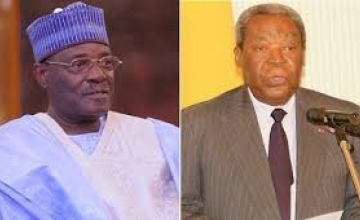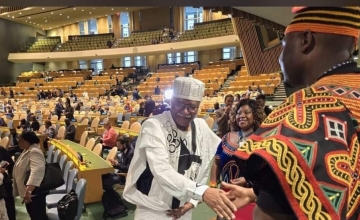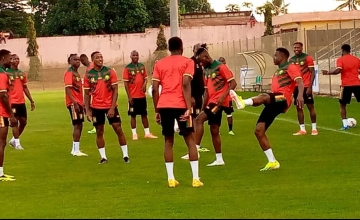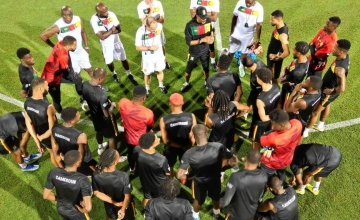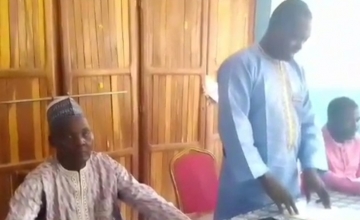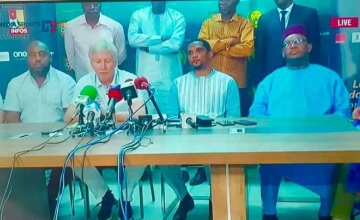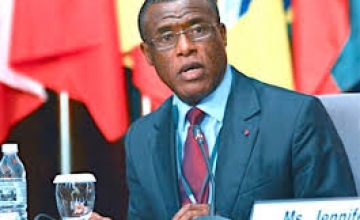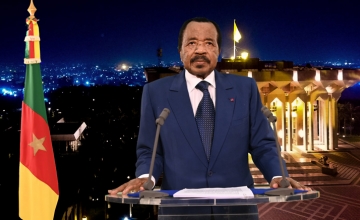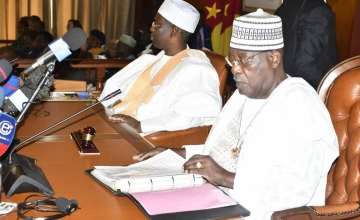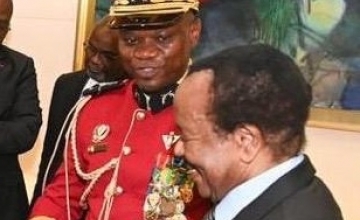_PRC_(2)_cameroon-info-p-net_800xm9x.jpg)
On the protests that enveloped President Biya's stay in Geneva and the teargasing of some members of the anti-government Brigade Anti Sadinard, the Ambassador said theirs was to maintain peace and order.
His words: "We evaluate from a Swiss perspective that the priorities of our authorities were three: to preserve law and order in Geneva, to protect the Head of State and his delegation and to keep a good level of bilateral relations."
Following rumour that President Paul Biya was chased from Switzerland, the Swiss Ambassador to Cameroon said it was not the case.
Hear him: "We have about 65 Heads of State coming to Switzerland every year. We don't chase heads of state. When we have disturbances of law and order, problems; we keep order. So, we don't chase presidents in Switzerland."
Quizzed if president Paul Biya is still welcome in Switzerland and the future of relations between Yaounde and Berne, Ambassador Lazzeri was unequivocal. "I am not in a position to decide where the Head of State can travel or will travel or will not travel. I am not working for the Presidency of Cameroon, neither do I work for the Federal Council in Switzerland. It is not for me to decide. On the bilateral relations, I think we have very deep, friendly, intense relations. Of course, you can always do more in life. We have several sectors where we have great achievement and we have other sectors, for example the economic relations, where we can do even more."
On the Anglophone Crisis
On the involvement of the Swiss in providing a solution to the turbulence in Cameroon's North West and South West Regions, the Ambassador said Switzerland has been trying to support a peaceful solution over the last two years.
He said they started with cooperation with the bilingualism and multiculturalism commission and then aid to the affected population.
"...And over the last month, we have been trying through what we call facilitation to create dialogue among the parties. It is not the only context where Switzerland is doing it. And we are trying to engage and we always engage because we have the acceptance of the parties. And we're doing it because we have a certain expertise. We have been involved in the last year in about 20 countries in terms of mediation and facilitation and here as well. We're referee. We're not a player. We need the willingness of the parties in order to build the dialogue."

